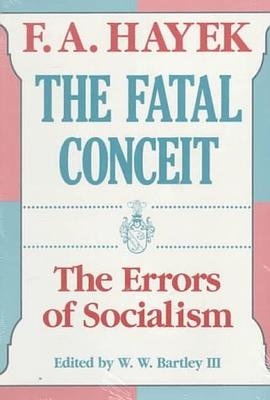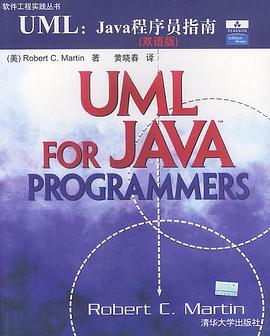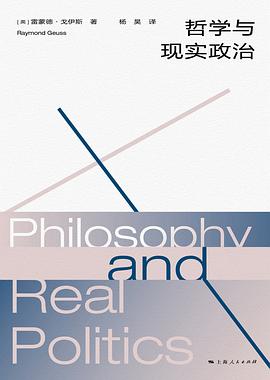The Fatal Conceit
内容简介
Hayek gives the main arguments for the free-market case and presents his manifesto on the "errors of socialism." Hayek argues that socialism has, from its origins, been mistaken on factual, and even on logical, grounds and that its repeated failures in the many different practical applications of socialist ideas that this century has witnessed were the direct outcome of these errors. He labels as the "fatal conceit" the idea that "man is able to shape the world around him according to his wishes."
"The achievement of The Fatal Conceit is that it freshly shows why socialism must be refuted rather than merely dismissed?then refutes it again."?David R. Henderson, Fortune.
"Fascinating. . . . The energy and precision with which Mr. Hayek sweeps away his opposition is impressive."?Edward H. Crane, Wall Street Journal
F. A. Hayek is considered a pioneer in monetary theory, the preeminent proponent of the libertarian philosophy, and the ideological mentor of the Reagan and Thatcher "revolutions."
......(更多)
作者简介
......(更多)
目录
......(更多)
读书文摘
人类通过发展和学会遵守一些往往禁止他按本能行事的规则(先是在狭小的部落里,然后又扩展到更大的范),从而不再依靠对事物的共同感受,由此建立了文明。 这些通过学习得到的规则,个人逐渐习惯于服从,甚至像遗传本能样成了一种无意识行为,它们日益取代了那些本能,然而我们无法对决定着行为的这两种因素做出明确的区分,因为它们以复杂的方式相互发生作用。
哈氏立论起点:人类是如何从早期原始社会休戚与共的小部落,发展成广土众民、和睦相处并形成巨大而复杂交往关系的巨型社会的呢?
......(更多)






